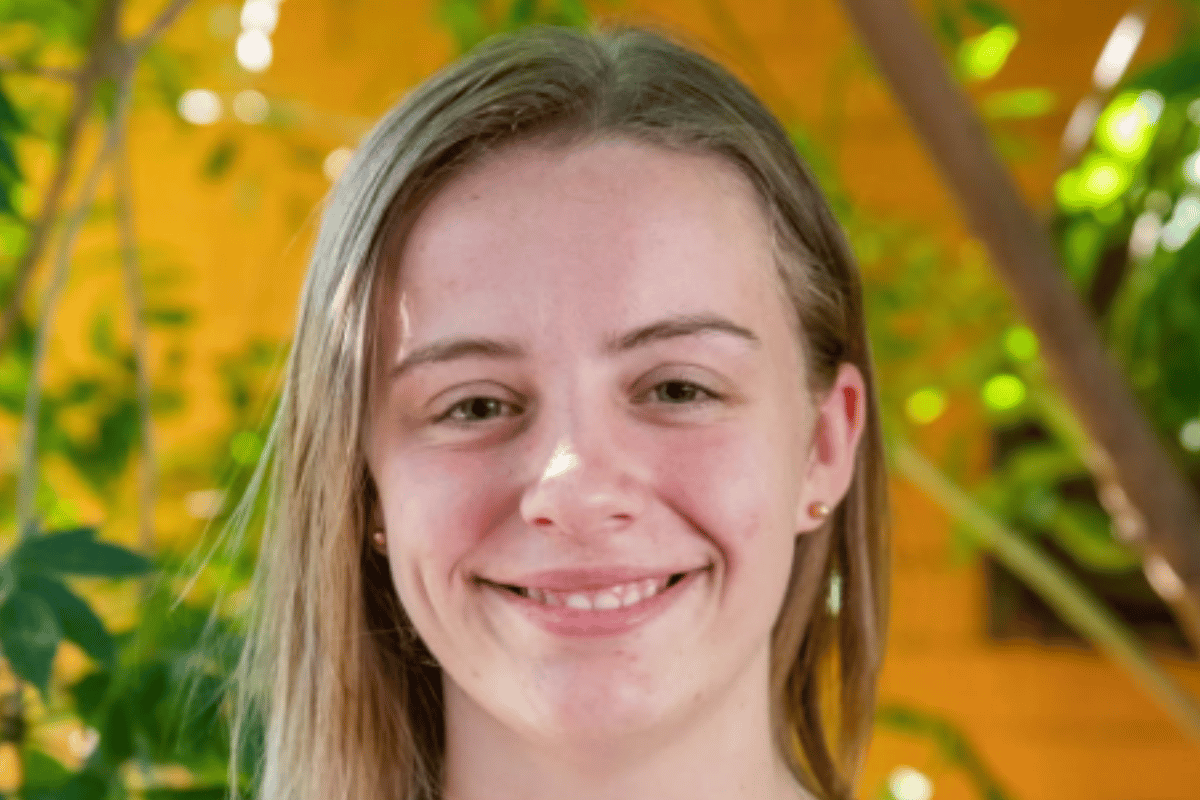
Jasmin was just five years old when she entered the foster system. Her father had lost his life to mental health, and her mum suffered from a genetic illness that made her unable to care for her three children.
Instantly, Jasmin and her two siblings felt othered.
"We always knew and felt the difference between being the outsiders [compared] to people who are born into the family. We were treated differently to other kids in the house and at school," the now-22-year-old told Mamamia.
The three children were in the same care throughout primary school, but when Jasmin entered high school, the siblings were separated.
Watch: This is the reality for Aussie kids living in foster care. Post continues below.
"Come year seven, as soon as the DHS (Department of Human Services) had closed, there were drugs [in the foster homes] and stuff like that. There was no one checking in from the department and holding carers accountable," Jasmin said.
She and her younger sister were given another placement together, but it wouldn't last long.
"That fell apart for me. She stayed, but I knew it would fall apart for her too," Jasmin recalled.
Jasmin ended up in a few different houses after that, but never felt like she "belonged anywhere".
"No matter what family I was in or who I was staying with, nothing ever felt like it was permanent. I've been on two different permanent care orders, and both have broken down. So even the term 'permanent' just doesn't make you feel like you belong."





























































































